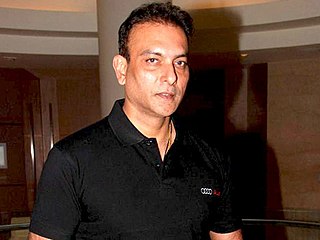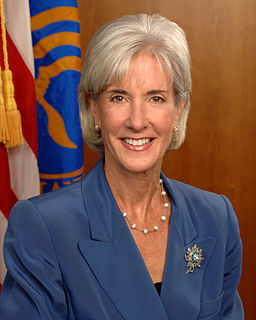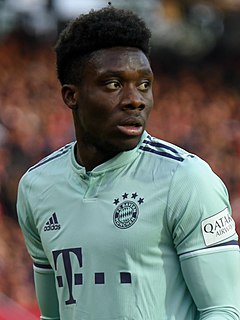A Quote by Geoffrey Rush
This is what happens when you are on the wrong side of 40. Young adults, who could be your children, are now working with you. I was playing their parents or mentor. I started to think: Oh, I am not part of that group any more.
Related Quotes
Almost 40% of all young adults are living with their parents. This is a 75-year high in America. Forty percent of young adults are living with their parents. I see stuff like this, and I think it's a good thing I didn't become a parent, because if that were happening to me, you wouldn't want to be my kid.
There are great parents of small children - they keep their little hair in bows - but those parents are not always good parents of young adults. As soon as their children get up to some size, it's "Shut up, sit down, you talk too much, keep your distance, I'll send you to Europe!" My mom was a terrible parent of small children but a great parent of young adults. She'd talk to me as if I had some sense.
As a child I played cricket as a hobby. Once you started playing for your school, you became more ambitious. You reckoned you could play for the state. Then you started to think about the country. But it happened so quickly for me, I started playing for the school at 13, for Bombay at 17, and at 18 I was in the Indian side.
Working with children is very different than the way in which I work with adults. I never tell the children the actual truth of the thing that I want them to act. Although children are really into play and play acting, and this is a major part of their existence, they never actually find the playing or acting of adults credible.
You're 25 and you're looking at adults of your parents' age and older saying, "I don't want to live that way," and this is how it happens. It evolves slowly and it's not the result of any movement. It's just young people look at the way their parents are living and if they don't like it they don't want to duplicate it.
Parents who are cowed by temper tantrums and screaming defiance are only inviting more of the same. Young children become more cooperative with parents who confidently assert the reasons for their demands and enforce reasonable rules. Even if there are a few rough spots, relationships between parents and young children run more smoothly when the parent, rather than the child, is in control.
In 1990, when we started the Black Community Crusade for Children, we were always talking about all children, but we paid particular attention to children who were not white, who were poor, who were disabled, and who were the most vulnerable.Parents didn't think their children would live to adulthood, and the children didn't think they were going to live to adulthood. That's when we started our first gun-violence campaign. We've lost 17 times more young black people to gun violence since 1968 than we lost in all the lynching in slavery.


































